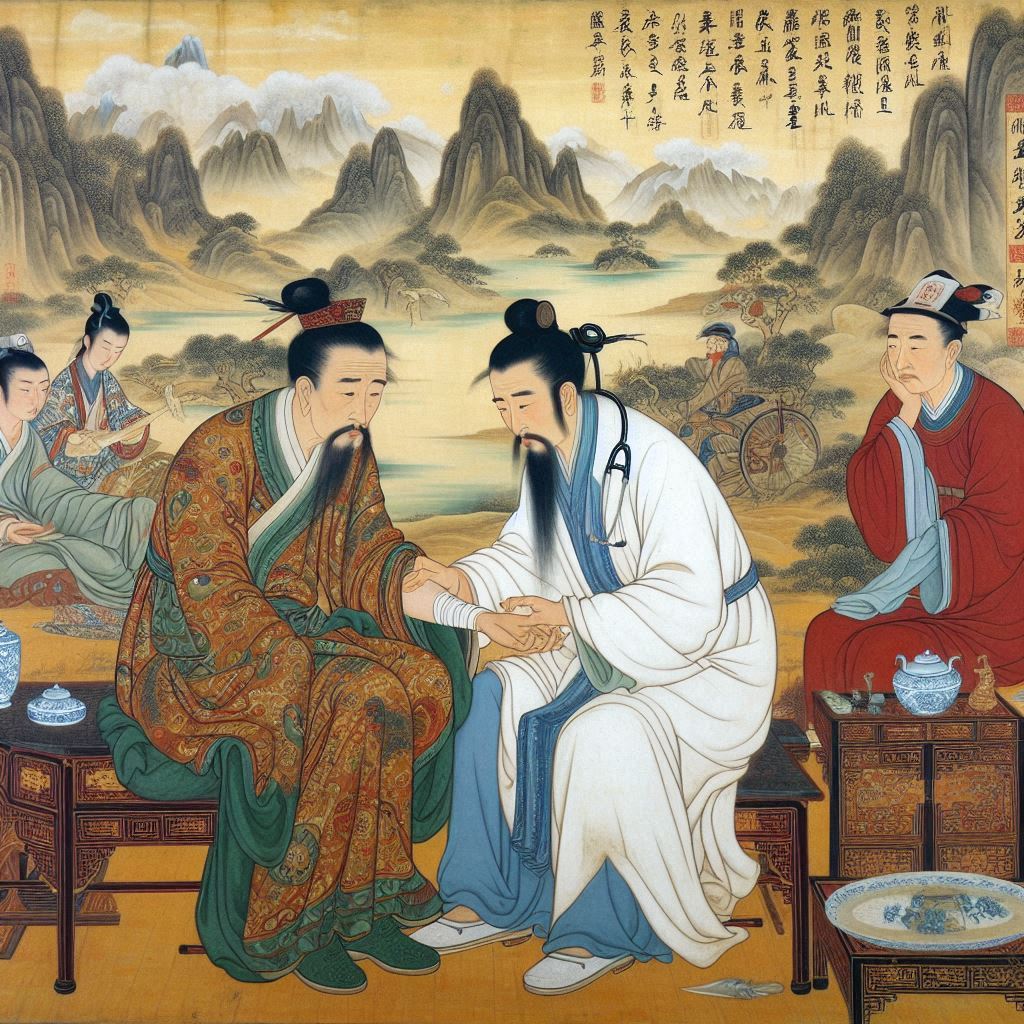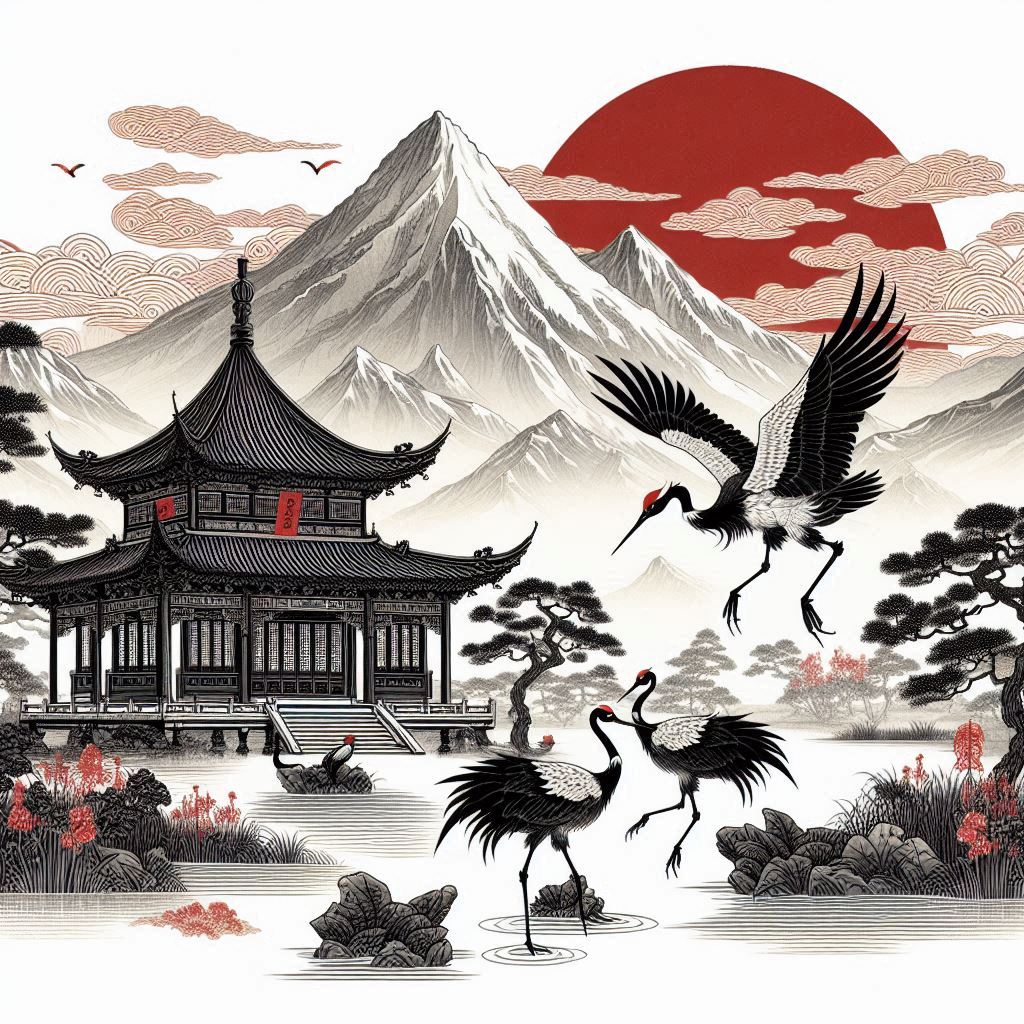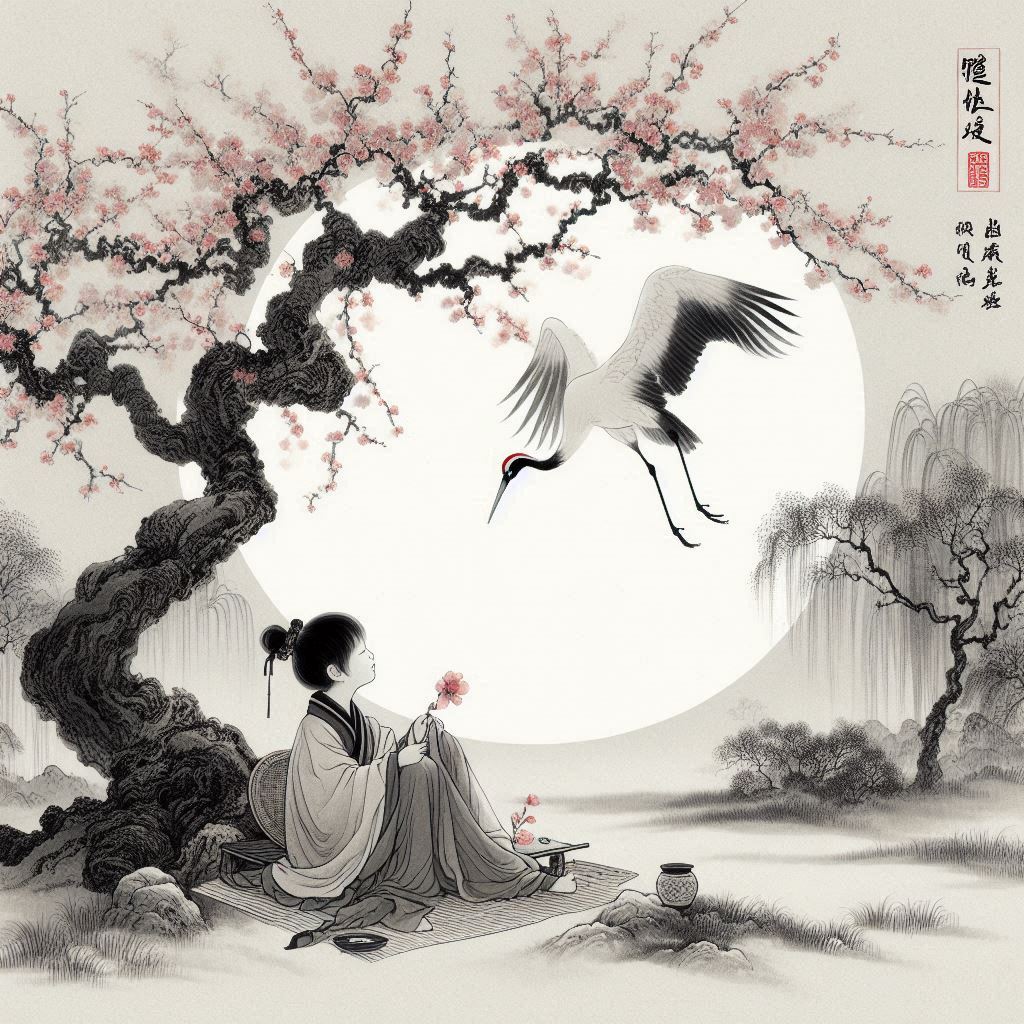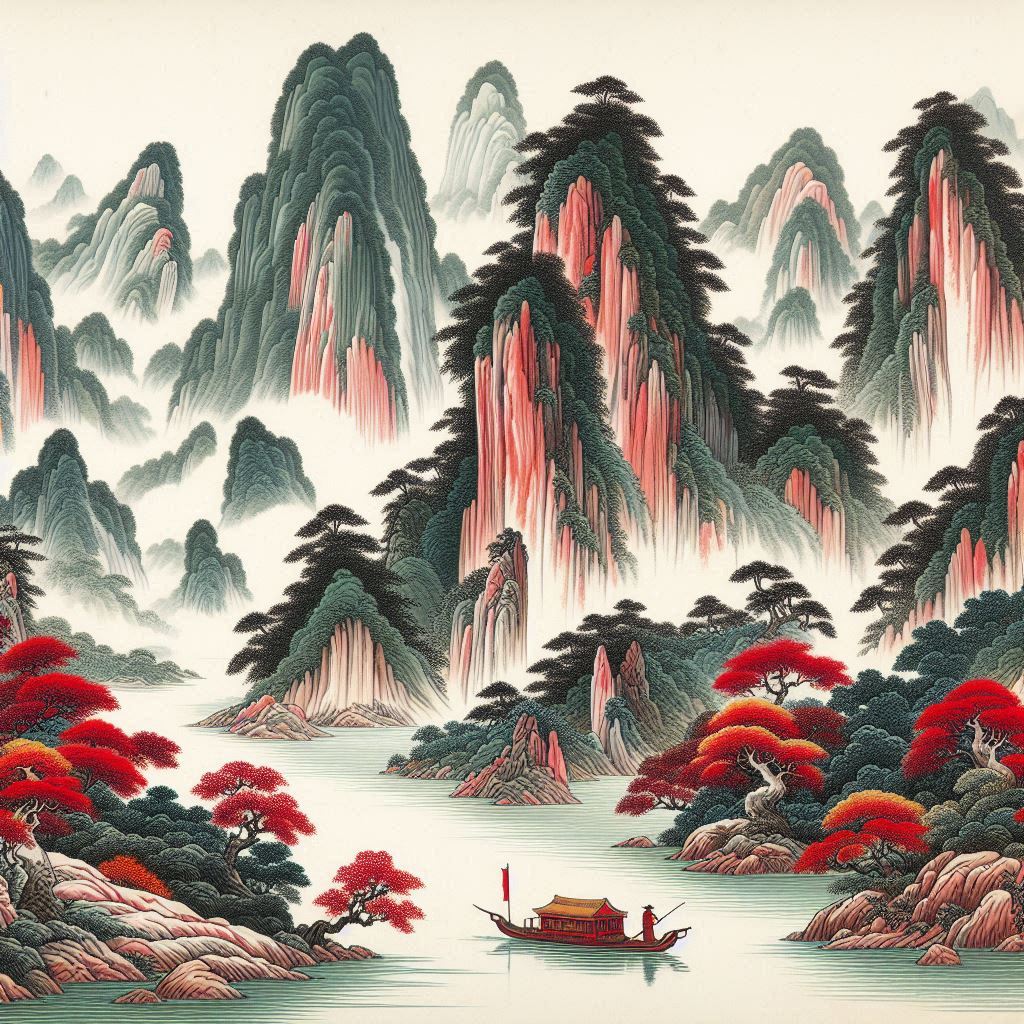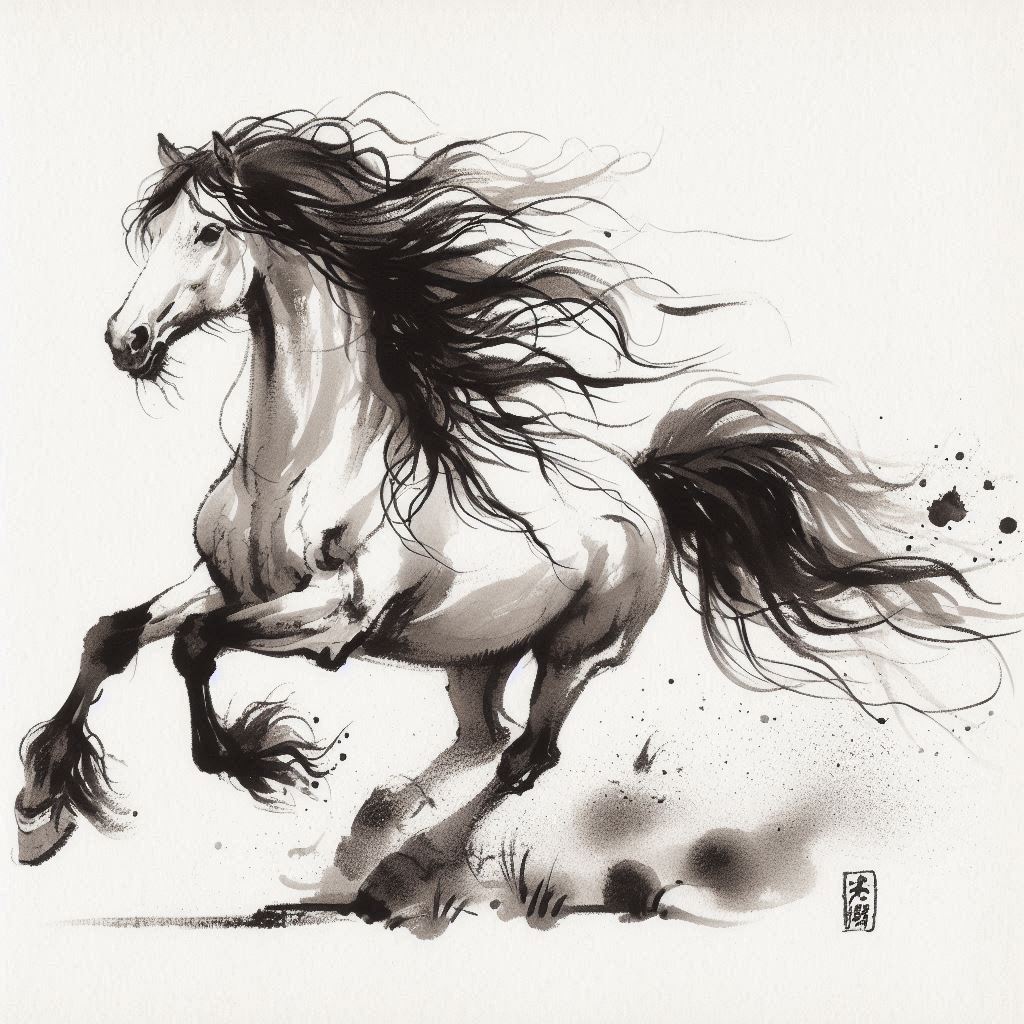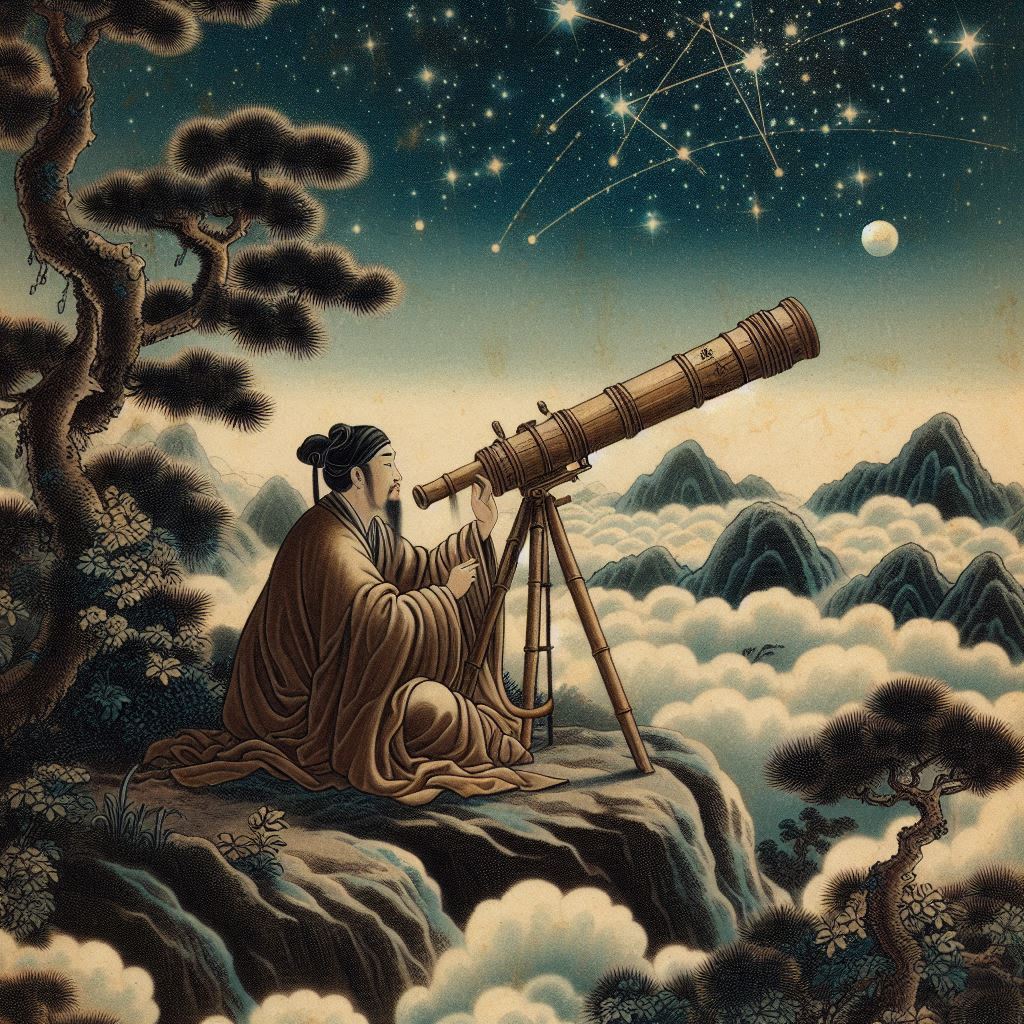Introduction to the disharmony
Major symptoms:
- cold hands and feet, feeling cold at all times, aversion to/fear of cold
- shallow, pale complexion
- lack of energy, general tiredness
- Kidney Yang deficiency symptoms – sensation of cold in the back, cold knees, loose stools, frequent urination, edema, sterility and/or lack of sexual desire in both men and women, lassitude, mental lethargy
- Spleen Yang deficiency symptoms – coldness in the abdomen, lack of appetite, loose stools that contain undigested food, edema
- Heart Yang deficiency symptoms – coldness/stuffiness in the chest, heart palpitations, excessive sweating, listlessness
Herbs that tonify Yang are used in instances of Yang deficiency. To understand what Yang deficiency is we need to quickly review how the concept of Yin and Yang is implemented in traditional Chinese medicine.
Since Yang in nature represents activity, light, warmth it logically represents energy/warming faculty in the human body. Since Yin in nature represents rest, quiet, slowness it translates to structure, substance, matter in the human body. In other words Yin represents matter, blood, body fluids, while Yang is the force that brings them to life(1).
When Yang – the warming faculty of the body - becomes deficient the major symptom that manifests is coldness – cold hands and feet, constantly feeling cold, aversion to cold, fear of cold. Depending on what organ is specifically affected there is additionally coldness in different parts of the body. The organs that usually manifest with Yang deficiency are the Kidneys, the Spleen and the Heart. When Yang of the Kidneys is deficient there is a sensation of cold in the back(2)(3), when the Yang of the Spleen is deficient there is sensation of cold in the abdomen(2), and when the Yang of the Heart is deficient there is feeling of cold/stuffiness in the chest.
In traditional Chinese medicine the Kidneys govern not only the urinary system, but also the reproductive system(3). Thus Kidney Yang deficiency manifests in profuse urination(3) (not enough energy to hold and contain) and edema(2)(3) but also lack of sexual desire and sterility in both men and women(2). As there is lack of energy and warmth there is mental lethargy and lassitude(3). Both Kidney Yang and Spleen Yang deficiency manifest with loose stool (not enough energy to hold and contain), with Spleen Yang deficiency having undigested food in the stool (in TCM the Spleen governs the transformation of food into "food essence").
Heart Yang deficiency manifests in Heart palpitations(2)(3) (the chief symptom when the Heart is not in balance), sweating(2)(3) (in TCM the Heart governs the sweat), shortness of breath(2)(3), and tiredness(3).
The treatment principle in all three disharmonies is to tonify Yang. The herbs that tonify Yang are warm/hot and drying.
Major Chinese Herbs
One of the strongest Yang tonics in traditional Chinese medicine is the animal herb Lu Rong (Cornu Cervi Parvum) – velvet of deer antler. Besides tonifying Yang and addressing symptoms such as impotence and infertility it also tonifies Kidney Essence, and is used for children with poor physical and mental development(4).
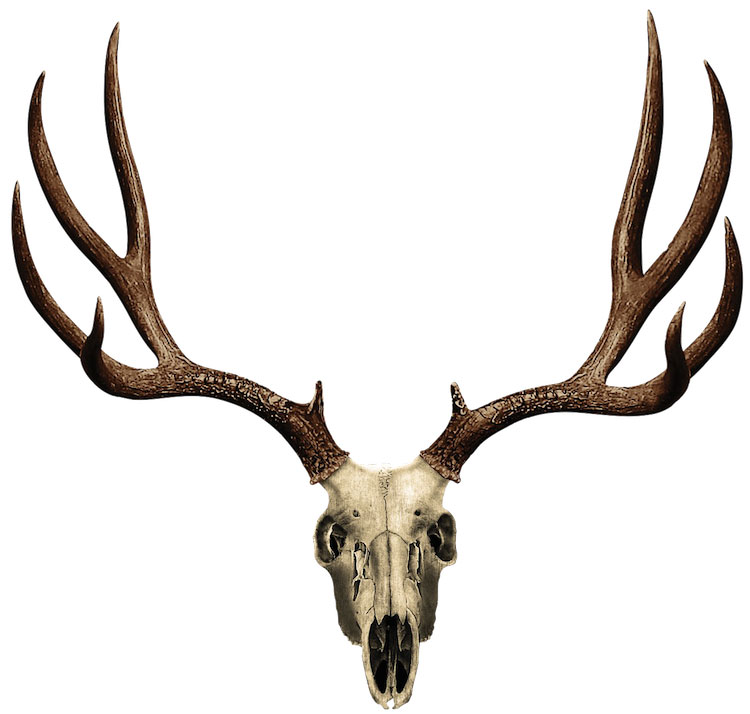
Another animal herb that tonifies Yang is gecko – Ge Jie (Gekko gecko). Not as strong as the velvet of deer antler (but stronger than the other herbs in this category) gecko also tonifies Kidney Yang and Kidney Essence, and additionally tonifies the Lung. The rest of the animal herbs that tonify Yang come from the sea – Hai Long (Sygnathus acus L.) – pipe fish, Hai Ma (Hippocamous kelloggi) – sea horse, Hai Shen (Stichopus japonicas) – sea cucumber, and Hai Gou Shen (Callorhinus ursinus L.) – the sexual organs of male seal. As Chinese believe in the “like cures like” principle of healing the last herb is obviously very effective for impotence and diminished sexual drive(4).
Minerals and stones usually have cold nature as they are dead substances thus do not own energy. Yet the following two herbs – Yang Qi Shi – actonolite and E Guan Shi – stalactite - have respectively slightly warm and warm nature with the former also having warming the womb property(4). Having stones and minerals in the tonify Yang class of herbs is certainly fascinating.
A big chunk of the remaining herbs are plant herbs that enter both the Kidneys and the Liver and strengthen the bones and sinews (in TCM the Kidneys govern the bones and the Liver governs the sinews). Such herbs are Xu Duan (Dipsacus asper), which translates to “restore what is broken”, Gu Sui Bu (Drynaria fortune) – “repairer of shattered bones”, Gou Ji (Cibotium barometz) – “dog spine”(4) and the interesting looking Du Zhong (Eucommia ulmoides) that has the appearance of a belt and is specifically used for weak, sore, or painful lower back. This herb is also used to calm the fetus(4)(5).
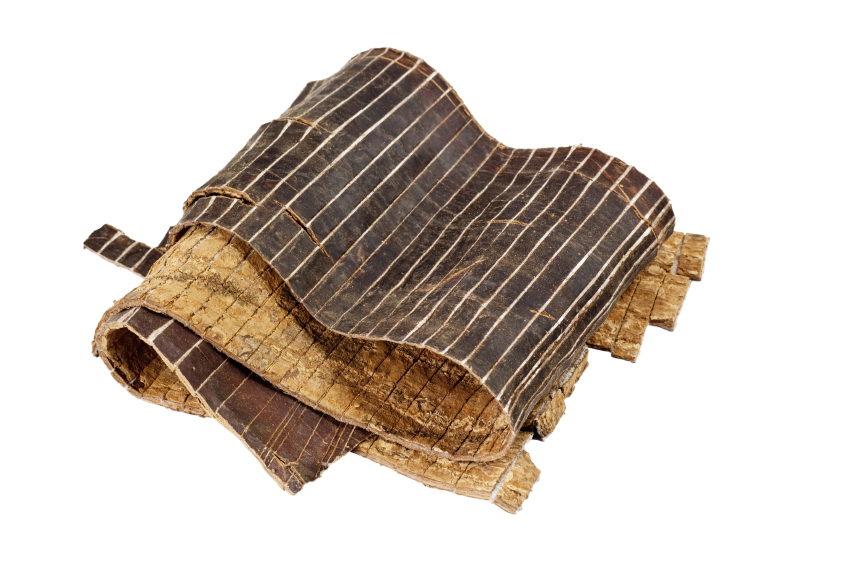
Tu Si Zi (Cuscata chinesis) is a famous herb that enters the Kidneys and is prescribed for vaginal discharge(4), seminal emission, impotence, and restless fetus(4)(5).
Ying Yang Huo (Epimedium grandiflorum) is an herb with the prominent name “sexual plant for goats”. The name was given by a Chinese shepherd back in the days who couldn’t help but notice how sexually active his goats were and decided to observe what they were feeding on. He noticed that they consumed a lot of one specific plant which apparently gave them the high libido. He named the plant Ying Yang Huo - “sexual plant for goats”(5).
Healing foods
Foods that tonify Yang are warm, hot and/or spicy foods.
To unlock the rest of this article select "Yes, I want to learn!" below.
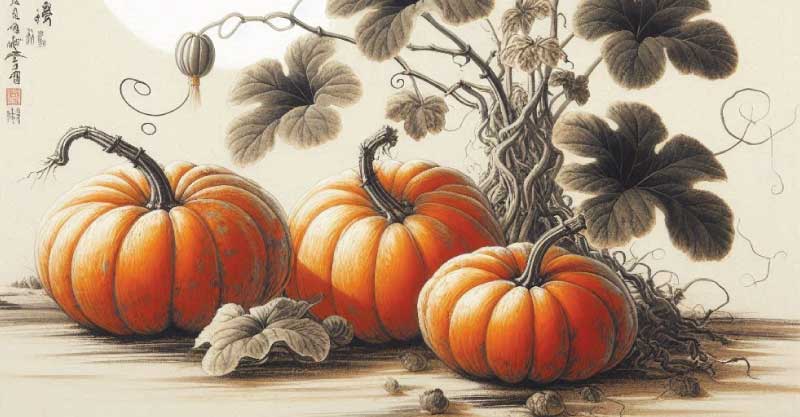
Food therapy is the most economical and non-toxic biochemical approach to health and disease. Food is something we continuously use to sustain our lives. Learning what foods are healing (and what disruptive) for each condition has the potential to convert every meal into a form of therapy.
YS
(1) Zhang, Enqin (1990). Basic Theory of Traditional Chinese Medicine. Shanghai: Publishing House of Shanghai College of Traditional Chinese Medicine
(2) Yang Weiyi, Meng Fanyi, Jiang Yuanan(2002). Diagnostics of Traditional Chinese Medicine. Beijing: Beijing University of Chinese Medicine and Pharmacology
(3) Maciocia, Giovanni (1989). The Foundations of Chinese Medicine. Edinburgh: Harcourt Publishers Limited
(4) Benski, Dan & Gamble, Andrew (1993). Materia Medica, Revised Edition. Seatle: Eastland Press, Incorporated
(5) Lu, Henry (2005). Chinese Natural Cures. New York: Black Dog & Leventhal Publishers, Inc.
(6) Pitchford, Paul (2002). Healing with Whole Foods. Berkeley: North Atlantic Books
(7) Holmes, Peter (1998). The Energetics of Western Herbs. Boulder: Snow Lotus Press, Inc.
Related Articles:
Yin and Yang in Chinese medicine
Note: This site and its services are to consumer educational use only. Nothing contained in this site is or should be considered, or used as a substitute for medical advice, diagnosis or treatment. We advise users to always seek the advice of a physician or other qualified professional with any questions regarding personal health and medical condition. Please read our Disclaimer

